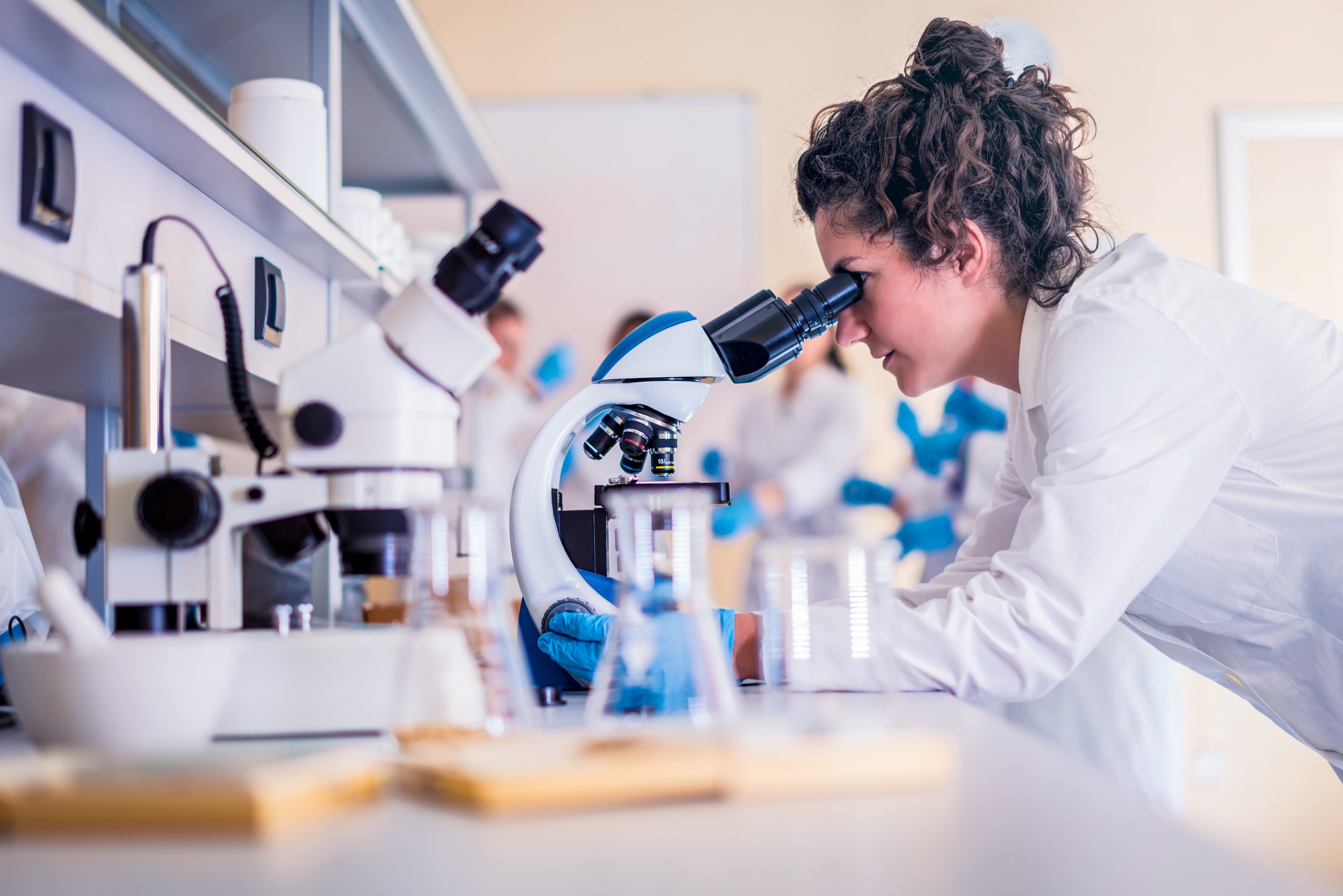
Trials, Research & Donations
It was not until 2005 that TNBC was even defined as a type of breast cancer distinct from the other 3 types.
In the last 5 years, there has been a huge increase in the number of clinical trials, amount of research and support available for those with TNBC.
Research and Triple Negative Breast Cancer
Although there is no ‘silver bullet’ to cure TNBC, these new treatments include sacituzumab govitecan, an antibody drug conjugate that is now available for “all” people with metastatic TNBC provided they have received prior chemotherapy and are fit enough. There is, however, no single “target” in TNBC unlike hormone receptor positive or HER2 positive breast cancer.
Indeed, there may never be a single target in TNBC because of its very complex biology. Rather, we are starting to understand that there are many different types of TNBC and we will probably need different treatments for these various types of TNBC. It is likely that advances will be made as a series of small steps rather than a single leap forward.
This means that it remains particularly important to support laboratory research that advances our understanding of TNBC and can help drive the discovery of new targets and drugs that can then be tested in clinical trials.
What are clinical trials?
Clinical trials are how improvements in cancer care are made, either preventing cancer, diagnosing cancer earlier then treating it better so that more people are cured and those who are not cured live longer and better with their cancer.
Everyone diagnosed with cancer is benefitting from past clinical trials that have brought us to where we are now in offering everyone with TNBC the best possible treatment.
Many trials involve testing drugs, but there are also trials of surgery and radiotherapy. There are also many different ways you take part in trials. Some may involve giving a blood sample or agreeing to extra tests on a piece of your cancer. In others you may be asked to take a new drug or undergo a new procedure.
Should you think about taking part in trials?
You should not feel obliged to take part in clinical trials. Indeed, one of the conditions of taking part in a trial is that you are told everything you need to know about that trial and give your consent or agreement.
The treatments you receive are, however, the result of people with TNBC in the past taking part in clinical trials.
There are other good reasons why we would encourage you to consider taking part in clinical trials.
First, you may benefit if you receive a new drug, or undergo a new procedure, that the trial later shows is a step forward.
By taking part in clinical trials you will be helping people with TNBC in the future.
Even if you do not benefit from taking part in a trial, it may still help doctors to understand triple negative breast cancer better, which may lead to new discoveries in the future.
What should you do if you are interested in taking part in a clinical trial?
Your medical team may ask you whether you are interested in taking part in a clinical trial.
If not, you should feel free to ask them if you might be suitable for any clinical trials. If they say “no”, and you are able and willing to travel, you can ask them if there are any suitable trials available at other hospitals.
You can also search for clinical trials via Cancer Research UK or NIHR.
There are, however, often “rules” about who can take part in clinical trials. This is not because those doing the trial want to deprive people of any possible benefits of taking part in the trial. Rather, some of these rules exist to protect patients who may not be fit enough to take part safely in a trial.
Other rules help doctors understand which group of patients may or may not benefit from a new treatment. For example, some trials will be open only to people with triple negative breast cancer whereas other trials (for example of hormone therapy) may specifically not be open to people with triple negative breast cancer. Trials may also require that you have, or have not, received certain treatments already before you can be part of the trial.
There is more about research on the Cancer Research UK and Macmillan Cancer Support websites.
Is there another way I can support research?
The National Institute for Health and Care (NIHR) is the nation's largest funder of health and care research. Research and trials on triple negative breast cancer are also funded and carried out in the NHS by pharmaceutical companies.
The other source of support for the many different types of research and support for people with triple negative breast cancer is charities, including the UK Charity for Triple Negative Breast Cancer.
The easiest and quickest way is to click the button below or on our home page, which will open up various ways of paying, including debit or credit cards, and Paypal.
Alternatively email info@ukcharityfortnbc.org and we will send you details of where to make bank transfers or send cheques.
Finally, you can leave a gift to the Charity left in your Will specifying ‘THE UK CHARITY FOR TRIPLE NEGATIVE BREAST CANCER’, registered charity in England and Wales (no. 1192952) and Scotland (no. SCO53658).



